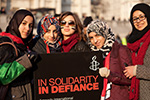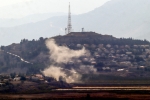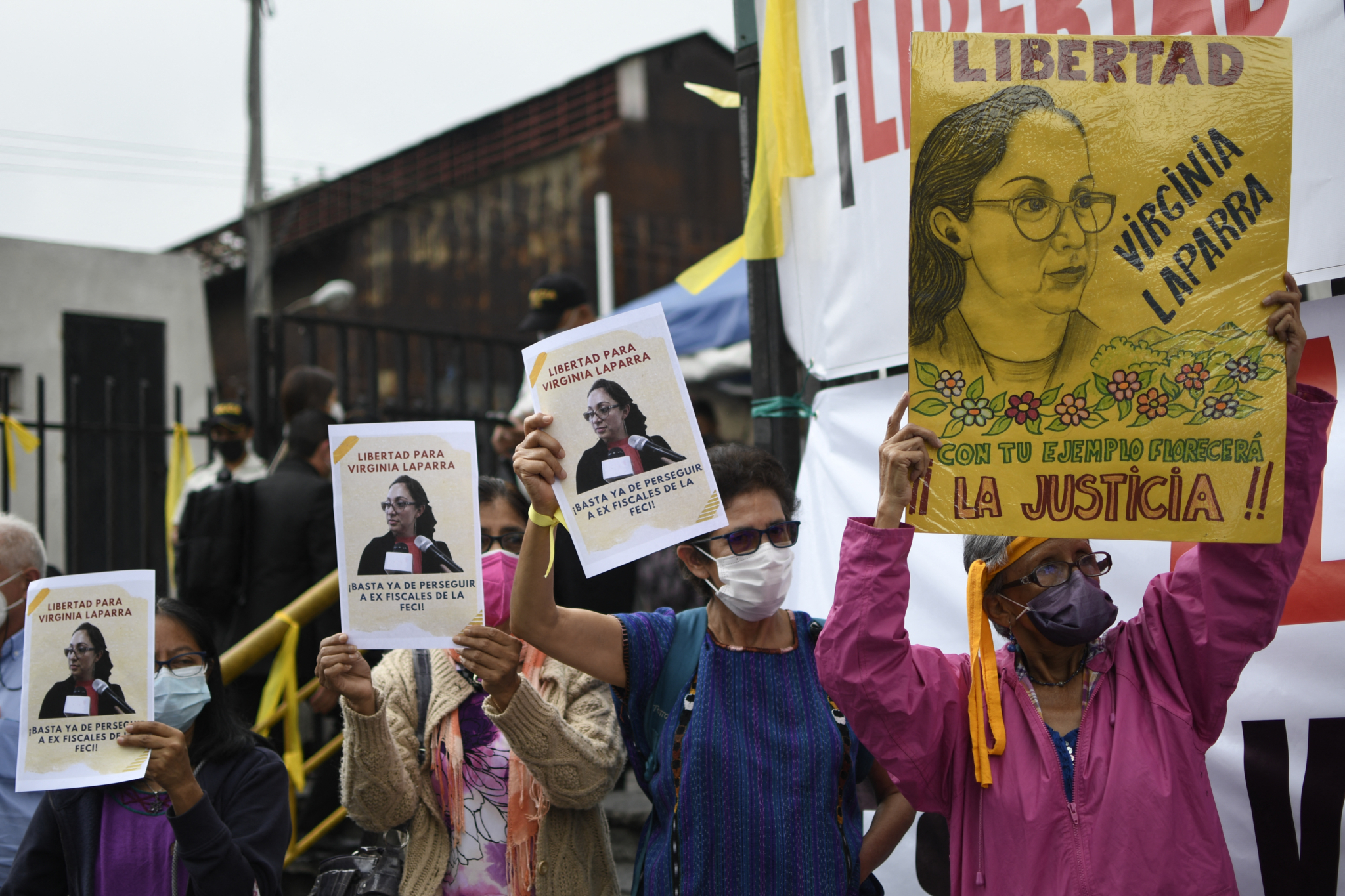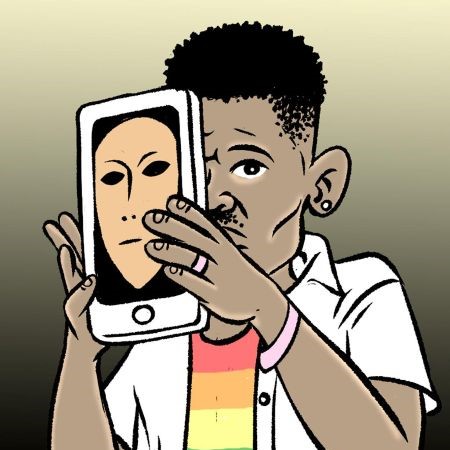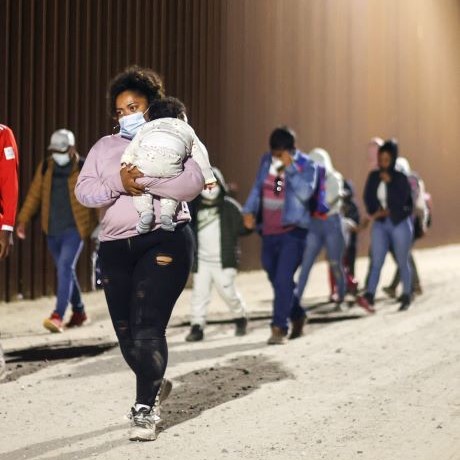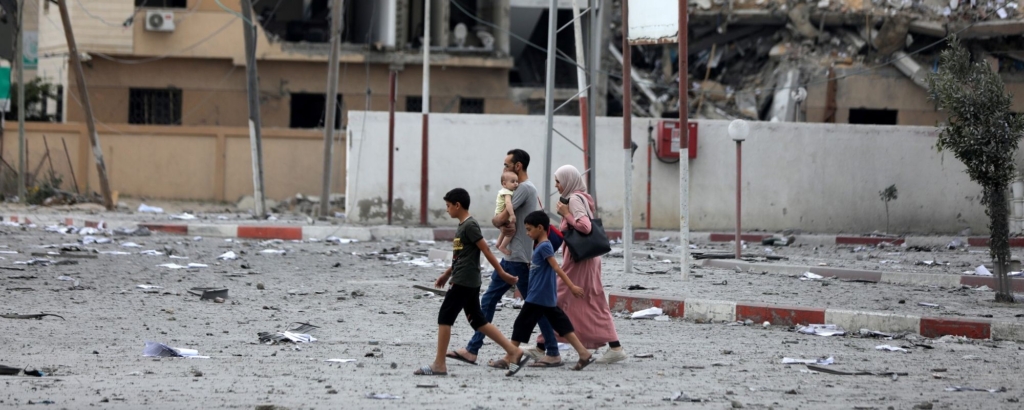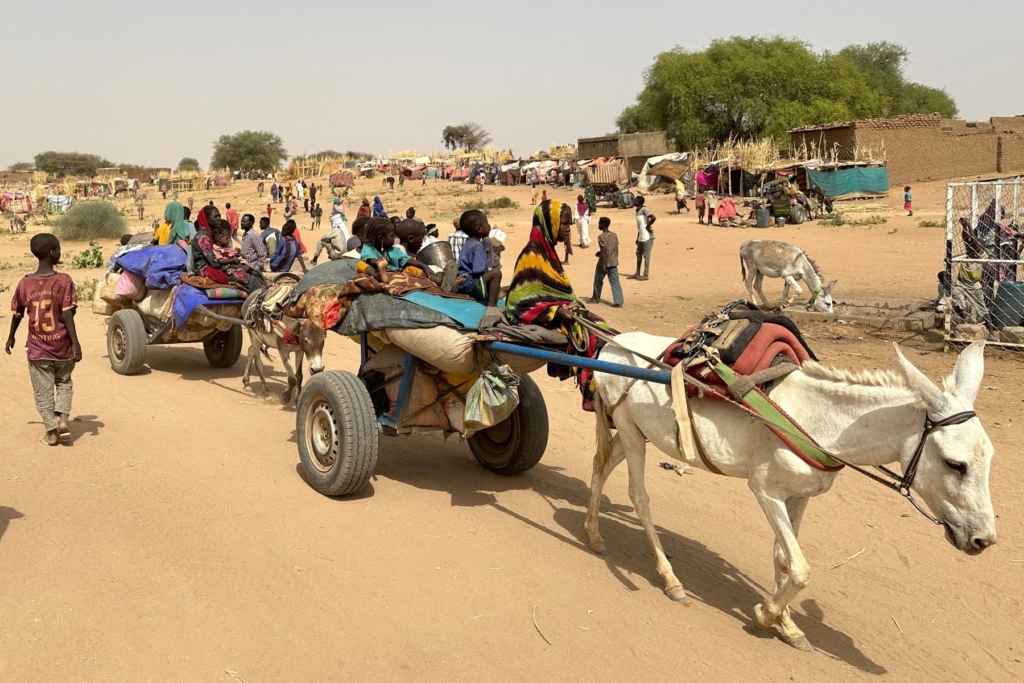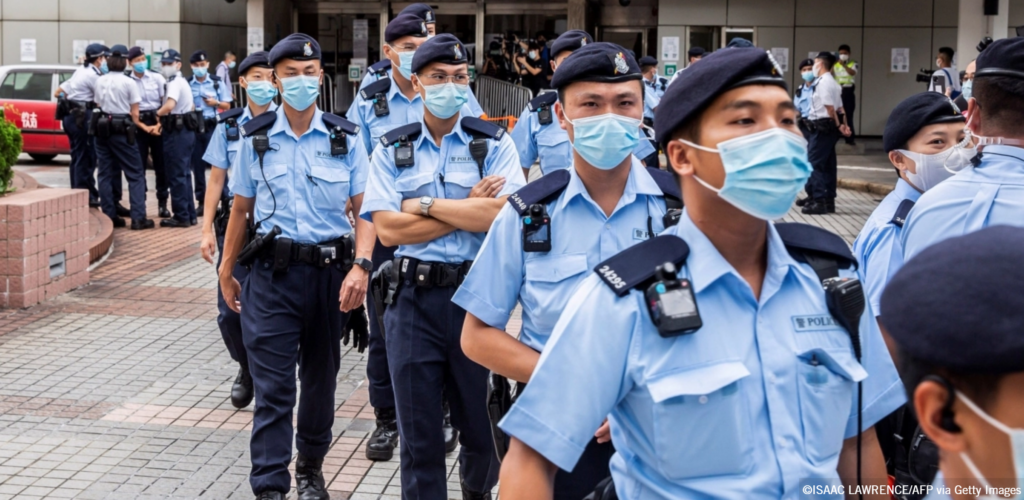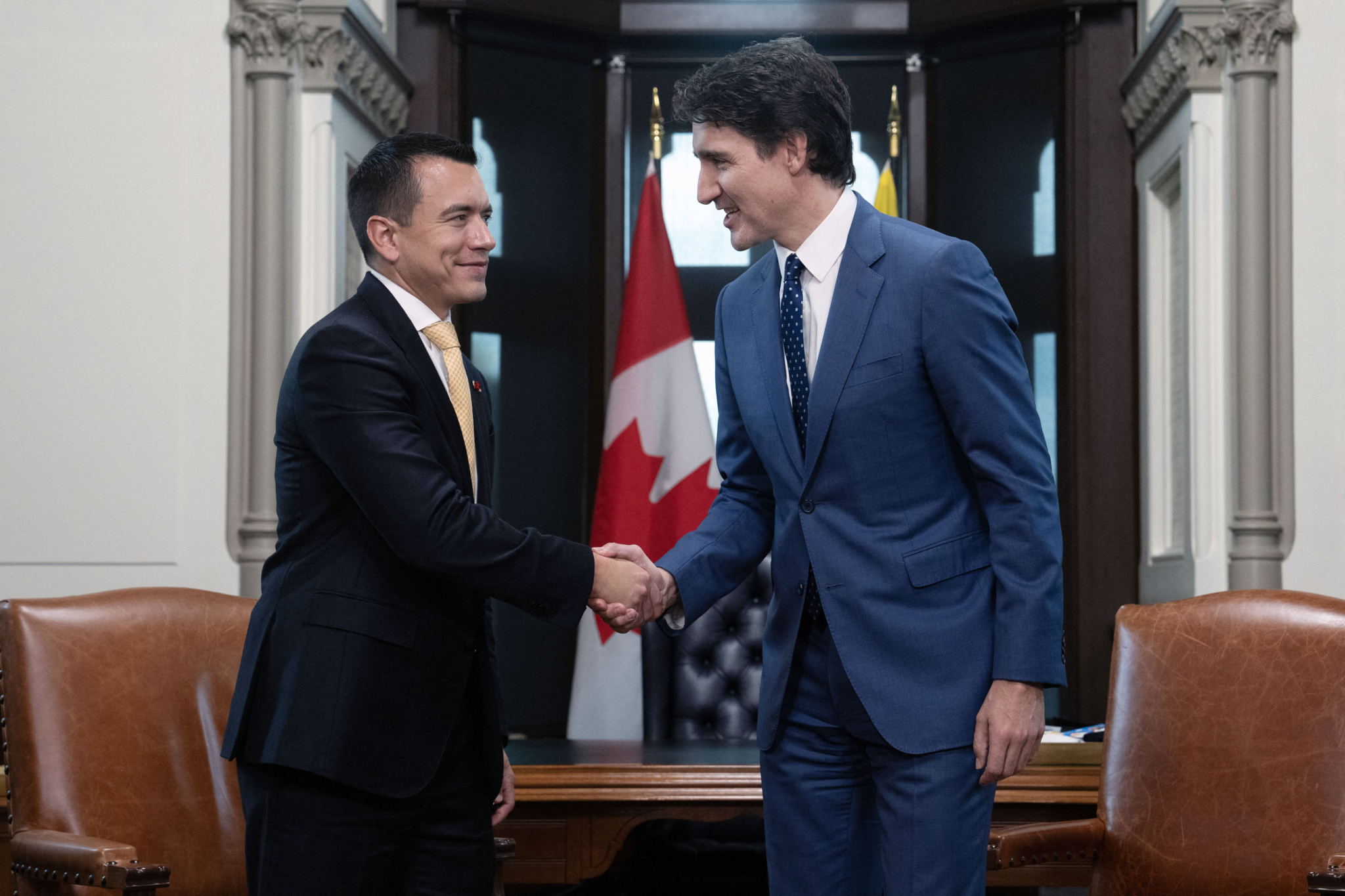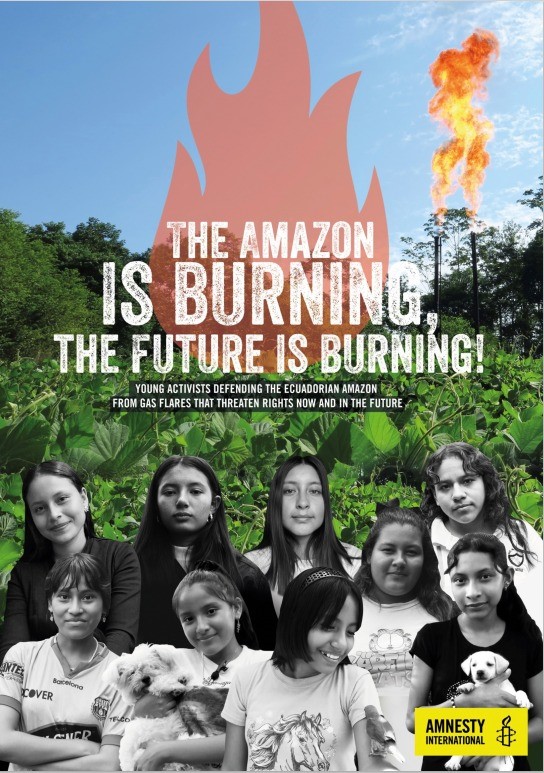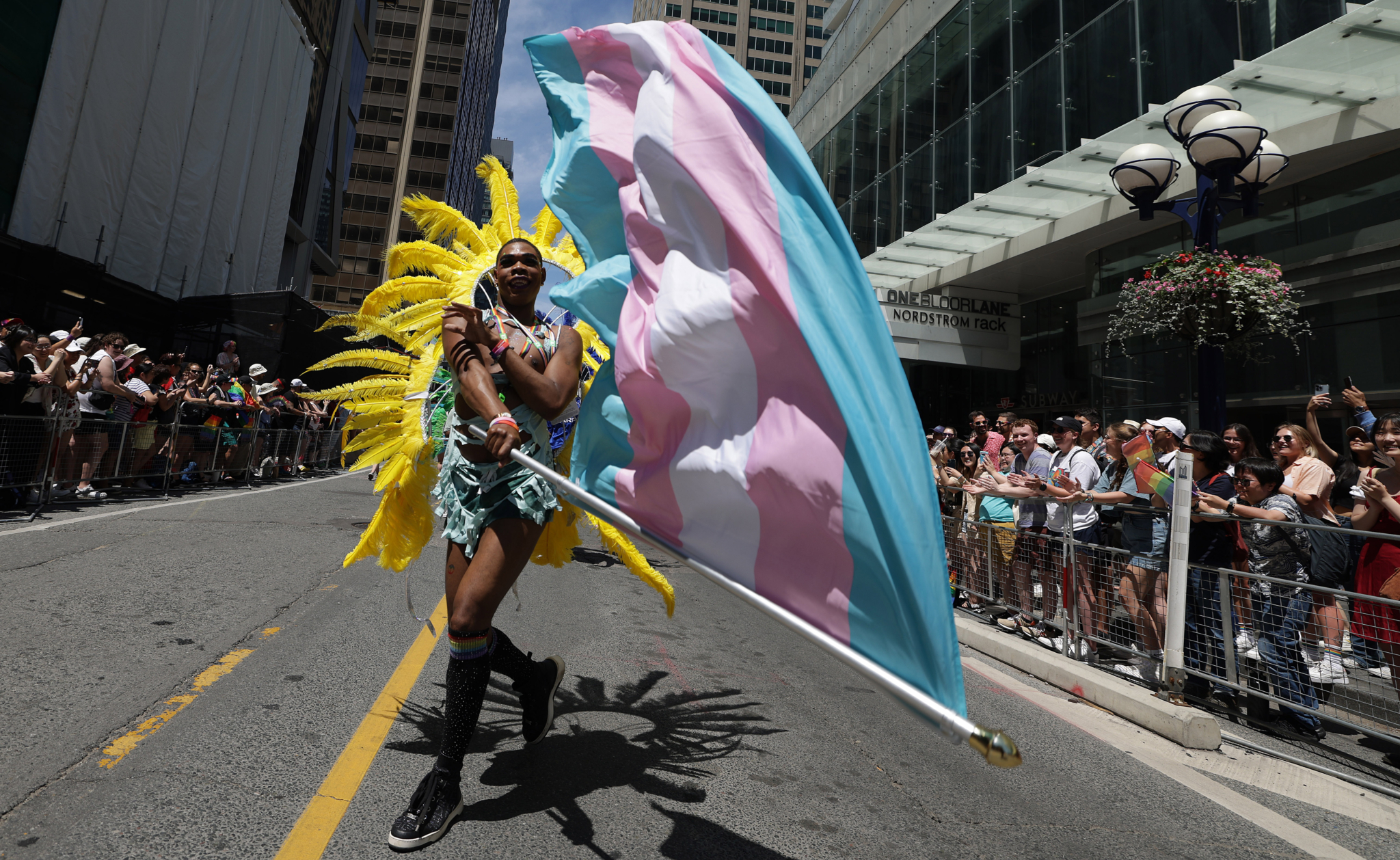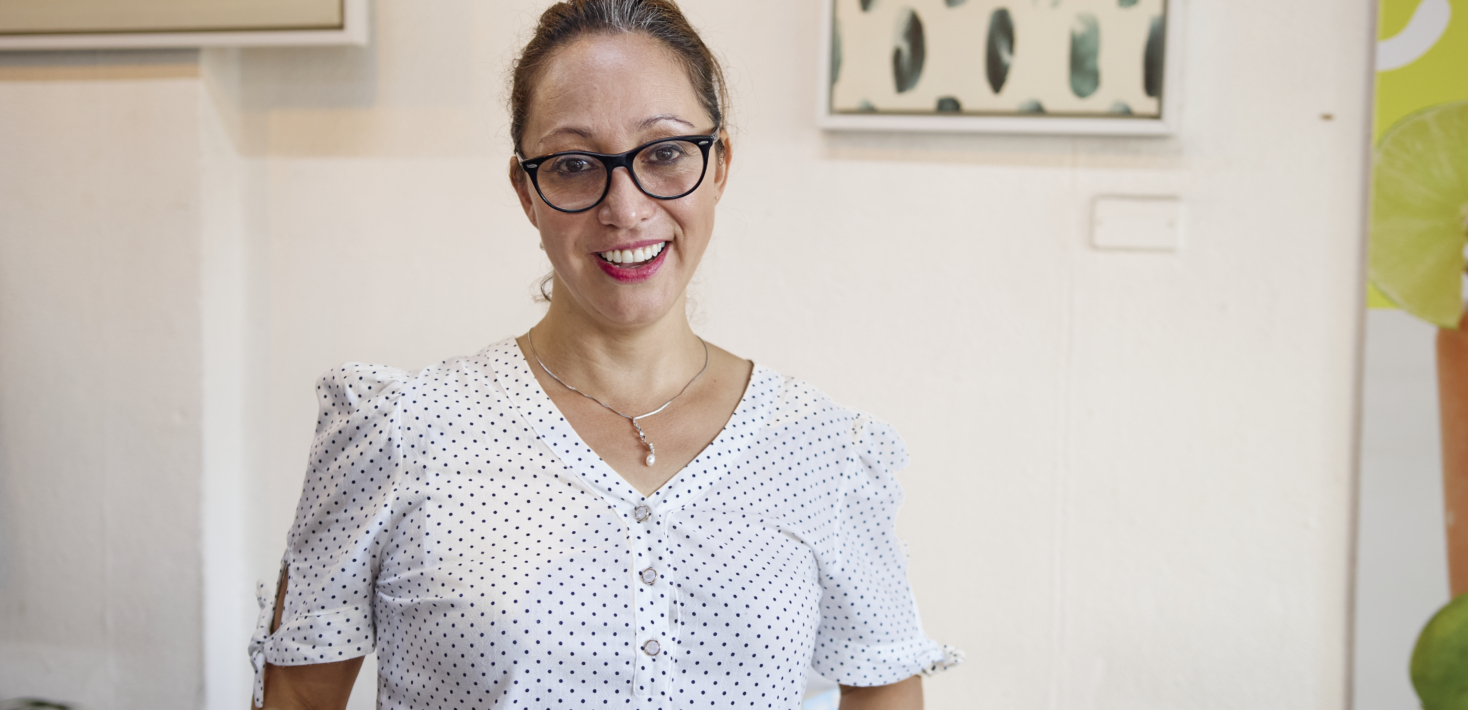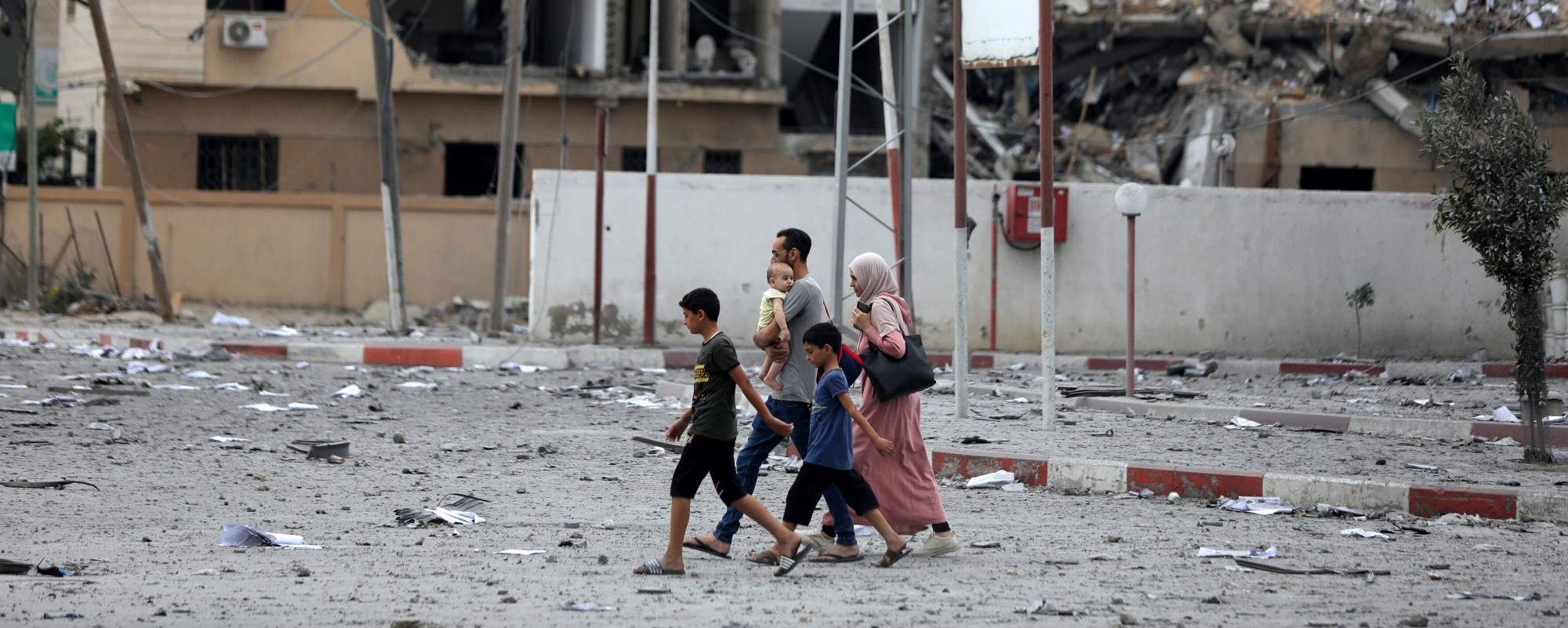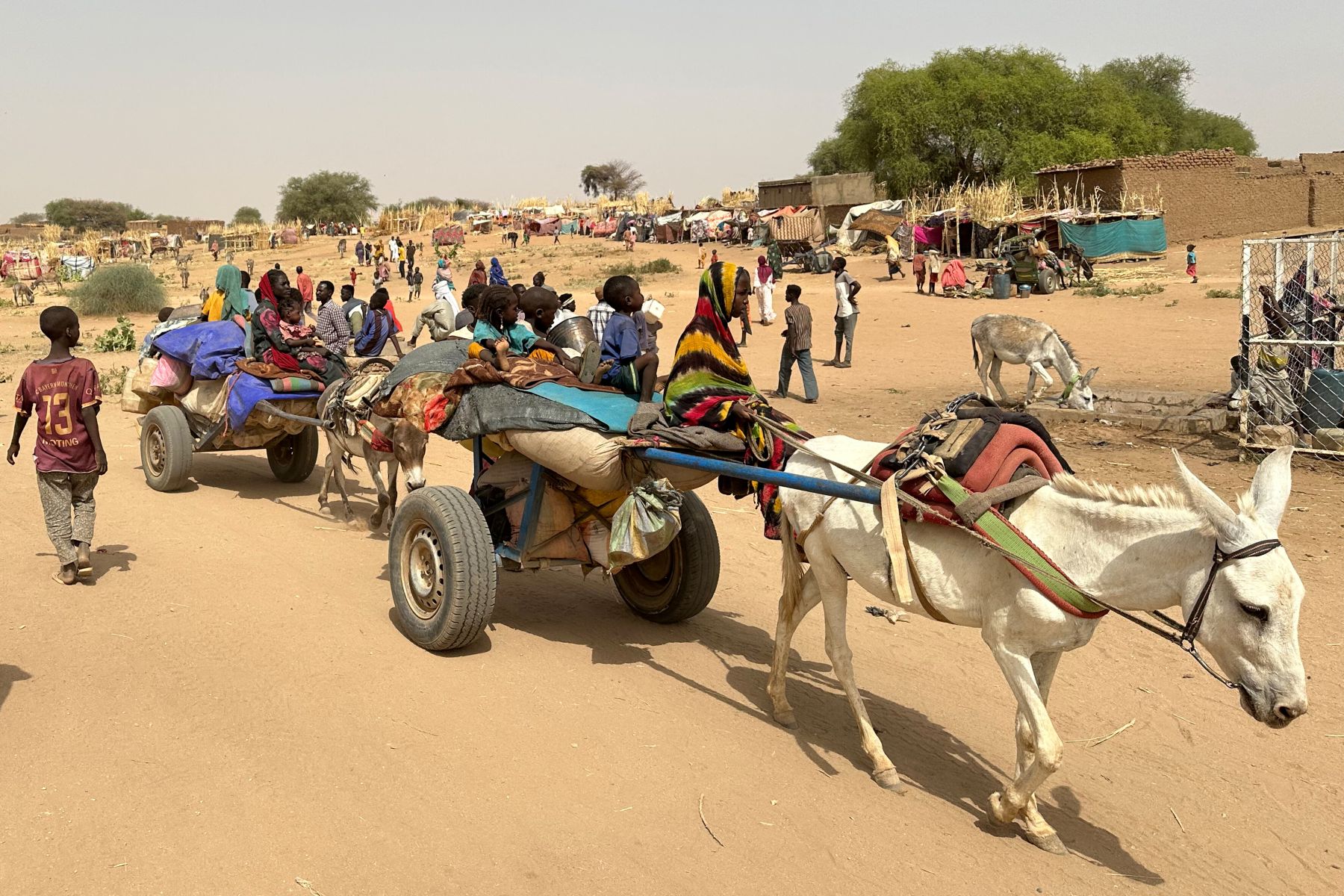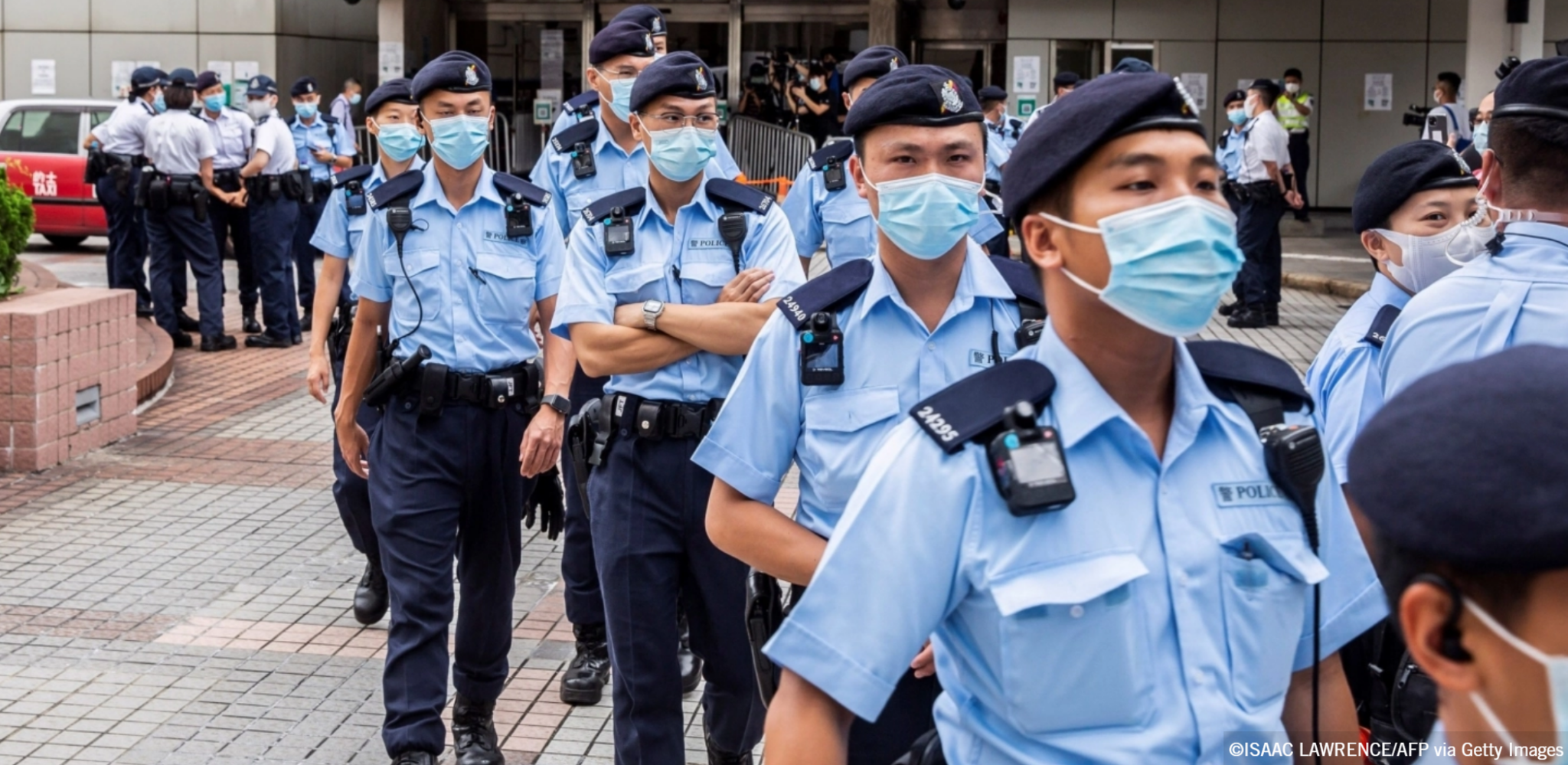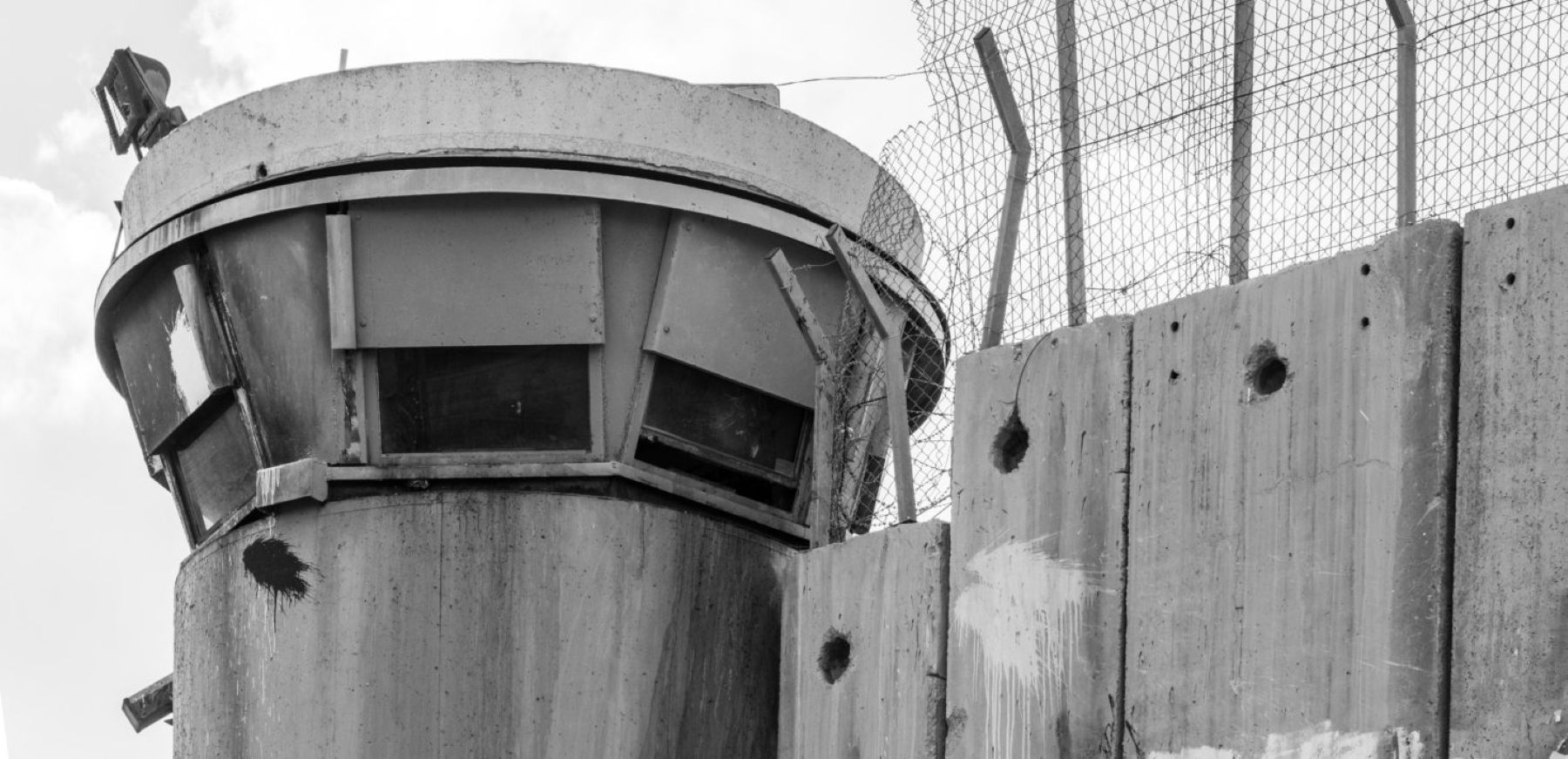Canadians acted with concerned solidarity and welcomed tens of thousands of refugees from Central America during decades of armed conflict and cruel, racist repression. Since warfare ended, communities, organizations and social movements have been working with enormous determination to build a more inclusive and just society. Yet across the region, we are documenting a dangerous backslide. Our solidarity is urgently needed to support the efforts of courageous front-line defenders who are literally under attack as they speak up for justice, equity and environmental protection.
Read on to learn more about important struggles for rights and what you can do to show your solidarity.
GUATEMALA
Justice is literally under attack in beautiful Guatemala!
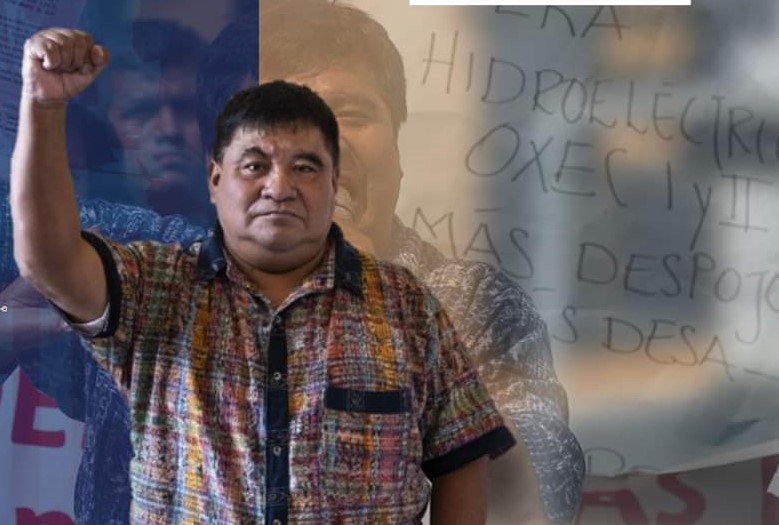
Maya Q’eqchi’ teacher Bernardo Caal Xol was unjustly jailed in retaliation for his leadership of a legal challenge against a hydroelectric project that was permitted to dam, divert and dry up a river of vital importance to surrounding Indigenous communities. It was only after thousands of Amnesty supporters in Canada and from around the world sent petitions and letters calling for Bernardo’s release that he was freed. Today Bernardo is once again speaking up to defend Indigenous rights and the environment on which they depend. But he’s also speaking up against emboldened misuse of the criminal justice system to silence other rights defenders.
More than 50 human rights defenders, prosecutors, judges, anti-impunity advocates and journalists have been forced to flee the country in the past four years due to unfounded criminal proceedings initiated against them by the country’s Public Prosecutor’s Office. Others are now behind bars to stop their efforts to bring to justice crimes and abuses by a powerful elite who have always considered themselves above the law.
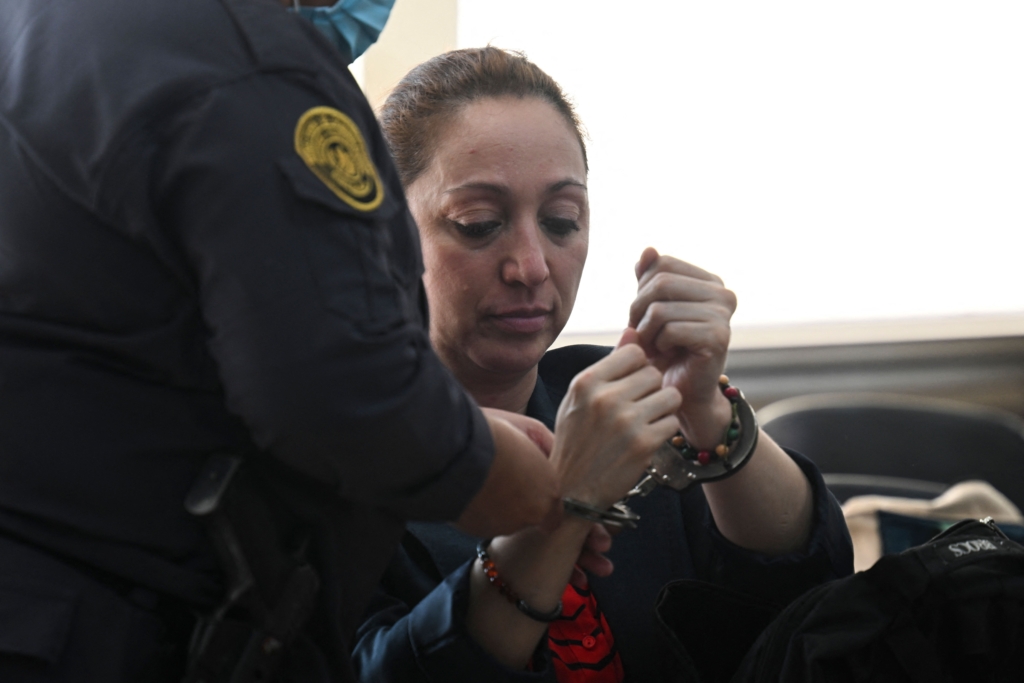
An extraordinary woman, Virginia Laparra, has become the face of this dangerous backslide. As head of the Special Prosecutor’s Unit Against Corruption and Impunity in Quetzaltenango, Ms. Laparra inspired hope amongst Indigenous people who have watched their lands and rights robbed with impunity since colonization. The respected prosecutor had courageously made headway in important cases. Now she is behind bars, unjustly convicted and sentenced to four years in jail. Amnesty International has declared her to be a prisoner of conscience. The mother of two young daughters goes on trial again this fall over additional charges. In a system completely lacking in impartiality, Ms. Laparra faces the terrifying prospect of more years in prison.
In a further disturbing twist, one of Ms. Laparra’s lawyers, Claudia González, was arrested on August 28. Ms. González had worked for the landmark UN Commission against Corruption and Impunity in Guatemala (CICIG), before the government closed it down, and is the legal representative for a number of former anti-corruption lawyers who have faced criminalization in retaliation for their work. This arrest is yet another brazen attempt to silence all those fighting for justice and human rights in Guatemala.
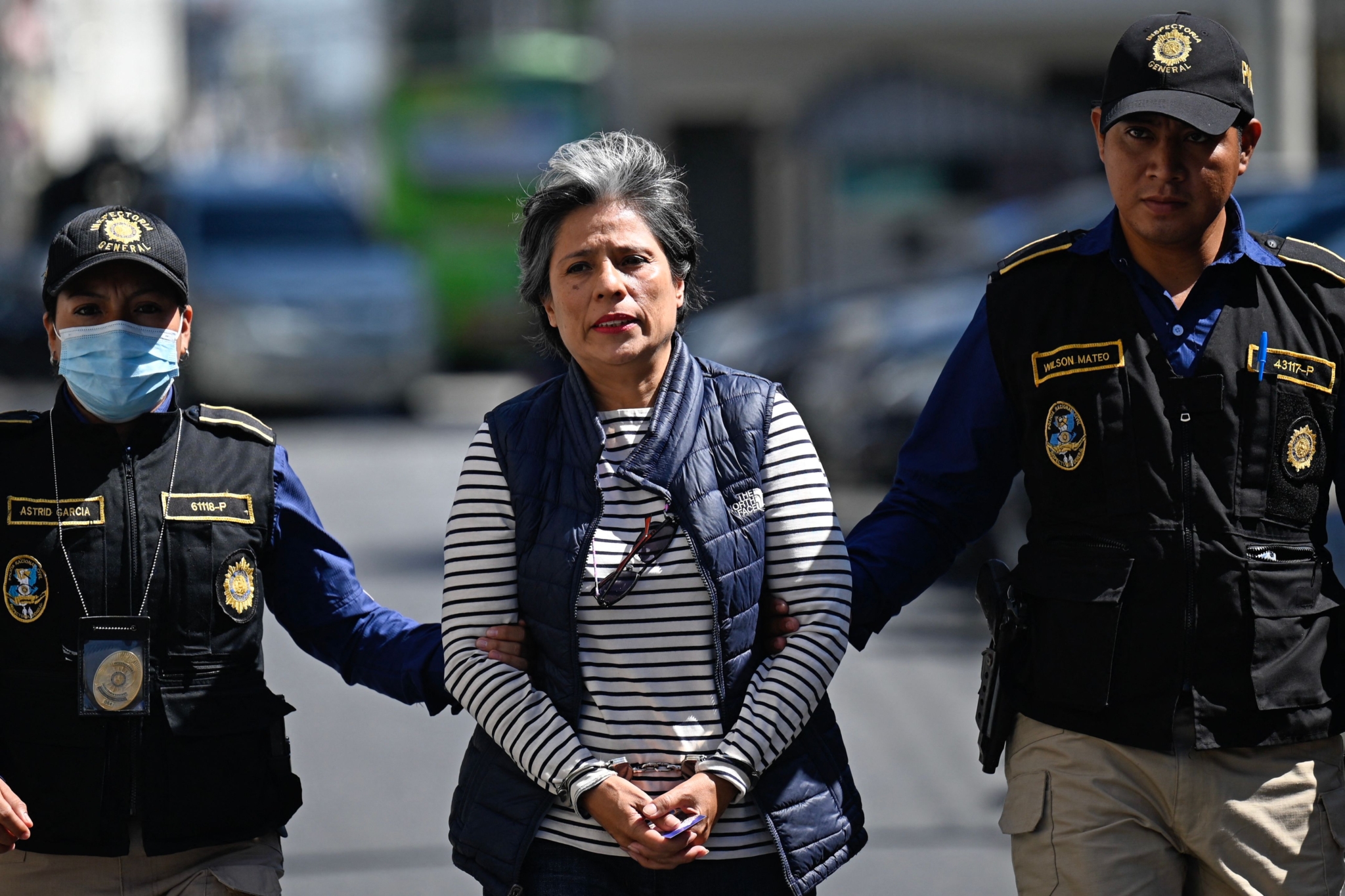
E-action
There is power in numbers. After tens of thousands of Amnesty supporters signed an e-action calling for the release of Bernardo Caal Xol, the authorities set him free. Please sign this e-action calling for the release of Virginia Laparra
Write a letter
Letters carry weight because they are personal and demonstrate commitment to a cause. Click on the following links to find instructions to write a letter to call for the release of Virginia Laparra and write another to press for dismissal of the unfounded charges against Claudia González.
Send a solidarity message
Write a short morale-raising message in English or Spanish to tell Virginia Laparra how much you respect her work for justice and that you are calling on authorities for her release. You may wish to include a photo of you and your group as you write letters. You could also include a photo of where you are writing from. Send your message to solidarityvirginialaparra@gmail.com
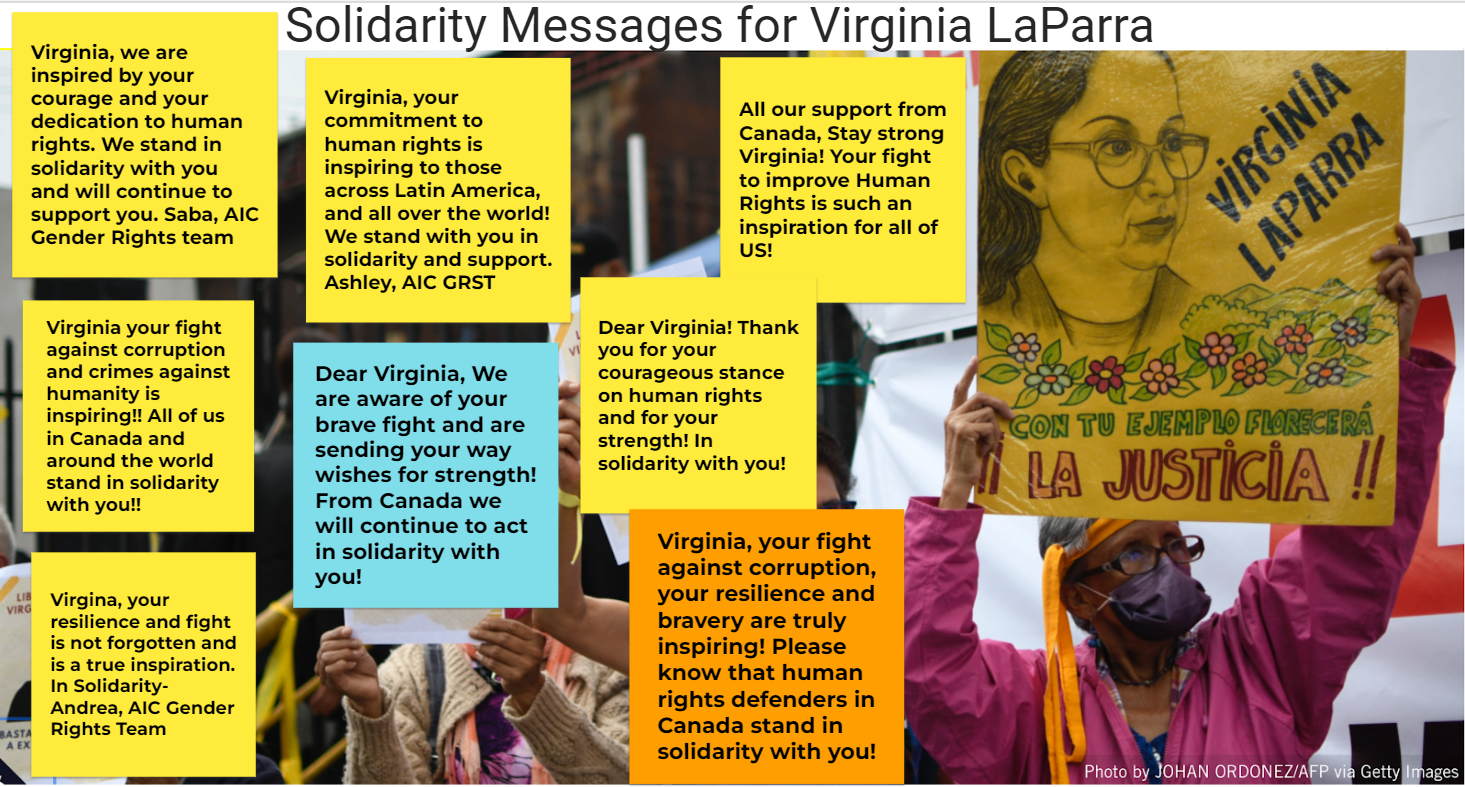
Learn more
- Guatemala: Justice under attack: Amnesty International report to the Working Group of the 42nd session of the UN Universal Periodic Review, January 2023
- Virginia Laparra jailed one year ago
- Virginia Laparra, a Scapegoat in Guatemalan Prison
HONDURAS
Hope soared in 2022 when a dam company executive behind the assassination of Lenca river defender Berta Cáceres was sentenced to more than 20 years in prison and Xiomara Castro was elected the country’s first female president, pledging to protect human rights.
Yet human rights defenders, and particularly those who defend land, Indigenous territory and the environment, continue to experience high levels of violence. Most attacks are neither impartially investigated or brought to justice. There has still been no progress establishing the whereabouts of four Garifuna land defenders who were disappeared by armed men in police uniforms in 2020.
The Office of the United Nations High Commissioner for Human Rights in Honduras recorded attacks on at least 224 defenders in 2022, including 12 killings. This number increased with more killings in 2023.
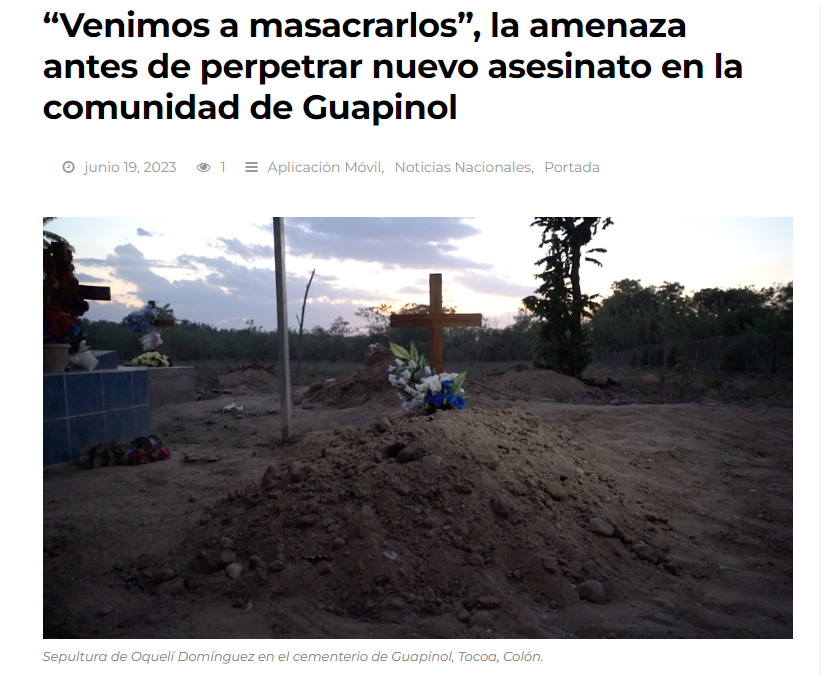
The situation in Guapinol is telling. Eight members of an environmental defense committee were wrongfully imprisoned for more than two years in an effort to paralyze opposition to Inversiones Los Pinares, a Honduran company that was given a license for an iron ore extraction and processing operation in a conservation area, prompting accusations of corruption and concerns about the environmental impact on the nearby river.
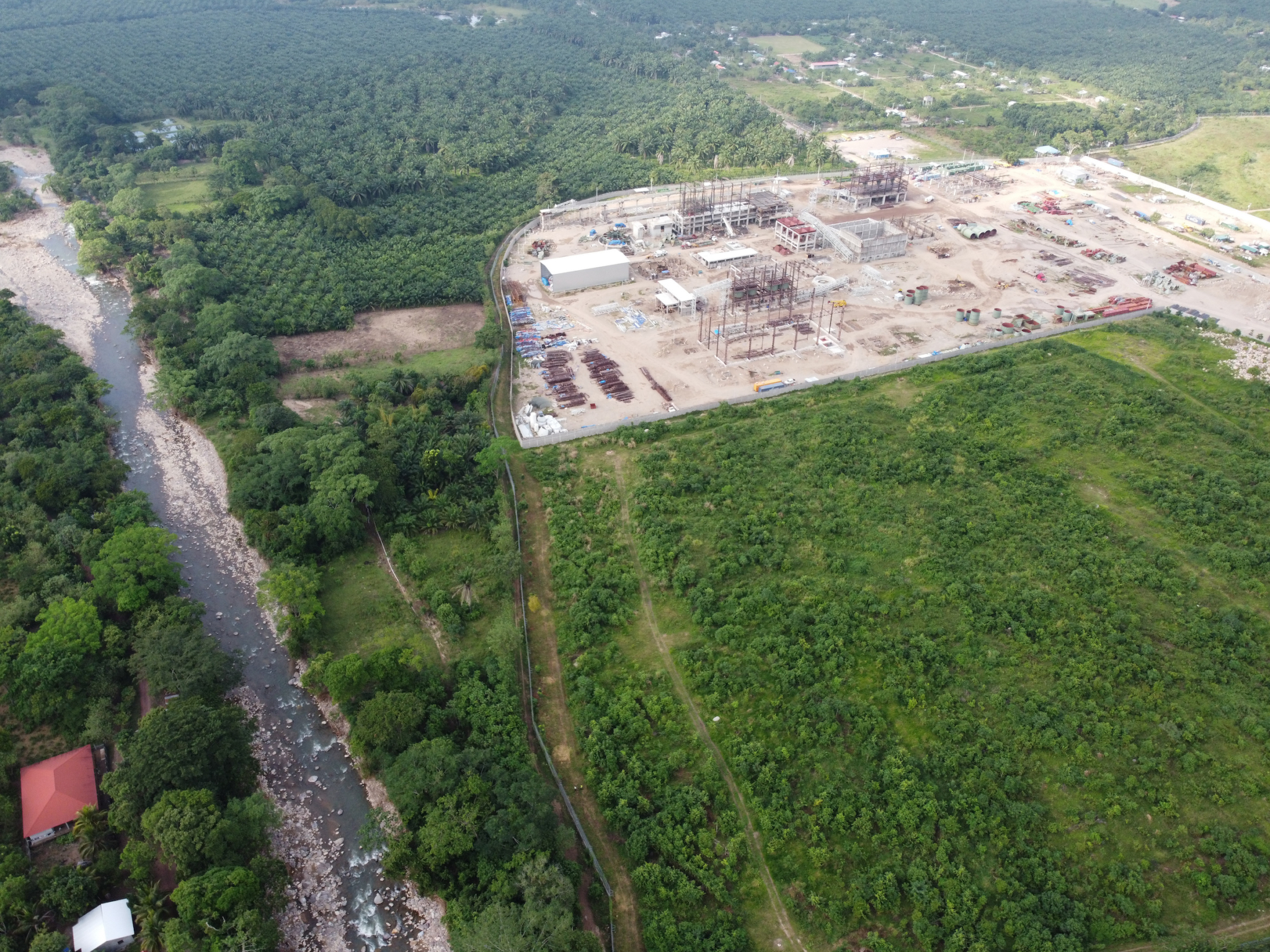
In the first six months of 2023, three Guapinol River defenders – Aly Domínguez, Jairo Bonilla Ayala and Oquelí Domínguez – were killed. The assassins and those who sent them have not been captured. Women members of the environmental committee report receiving death threats and the presence of cars without license plates outside their homes. They risk their lives to defend their right to water and life.
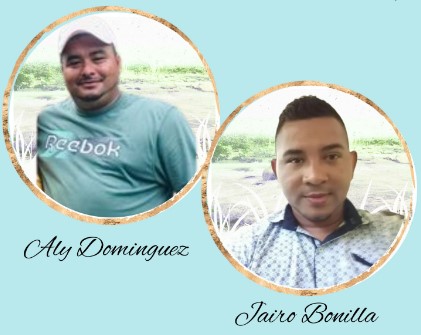
E-Action
Help us generate a wave of pressure on Honduran authorities by sending a message via this E-Urgent Action. If you’ve already done so, please encourage others in your networks to sign too.
Write a letter
Canada has pledged to support threatened human rights defenders around the world. Write a letter to Canada’s Foreign Affairs Minister expressing concern for the safety of the women and men who belong to the environmental defence committee of Guapinol, given three assassinations in 2023 and ongoing death threats. Call on Canada to meet with the defenders and respond to their specific requests for strengthened international action. Send your letter to:
Hon. Mélanie Joly
Minister of Foreign Affairs
Global Affairs Canada
125 Sussex Dr,
Ottawa, ON K1A 0G2
melanie.joly@international.gc.ca
Social Media
Social media is an important way to show solidarity with defenders and demand that authorities respect and protect their rights.
SOLIDARITY WITH GUAPINOL RIVER DEFENDERS
Make your social media post more personalized and eye-catching by making a sign that communicates your solidarity with threatened Guapinol water defenders. Take a photo of yourself – or your group – holding the sign. Then post your photo on social media with a message similar to the one in the tweet below, which tags both authorities in Honduras and the defenders’ organization @guapinolre.
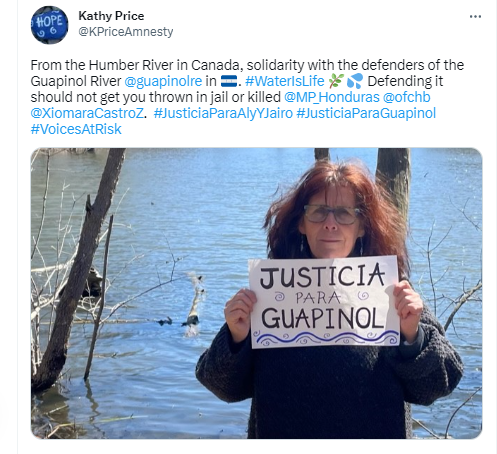
Learn more
- Listen to Guapinol River defender Juana Zúniga’s testimony at this Amnesty Canada webinar
- Read our recommendations to Honduran President Xiomara Castro in our January 2023 Open Letter
EL SALVADOR
Tiny El Salvador is becoming one giant prison. Nearly 2 percent of the adult population in El Salvador is currently in jail – giving the country one of the world’s highest incarceration rates and contributing to seriously overcrowded prisons.
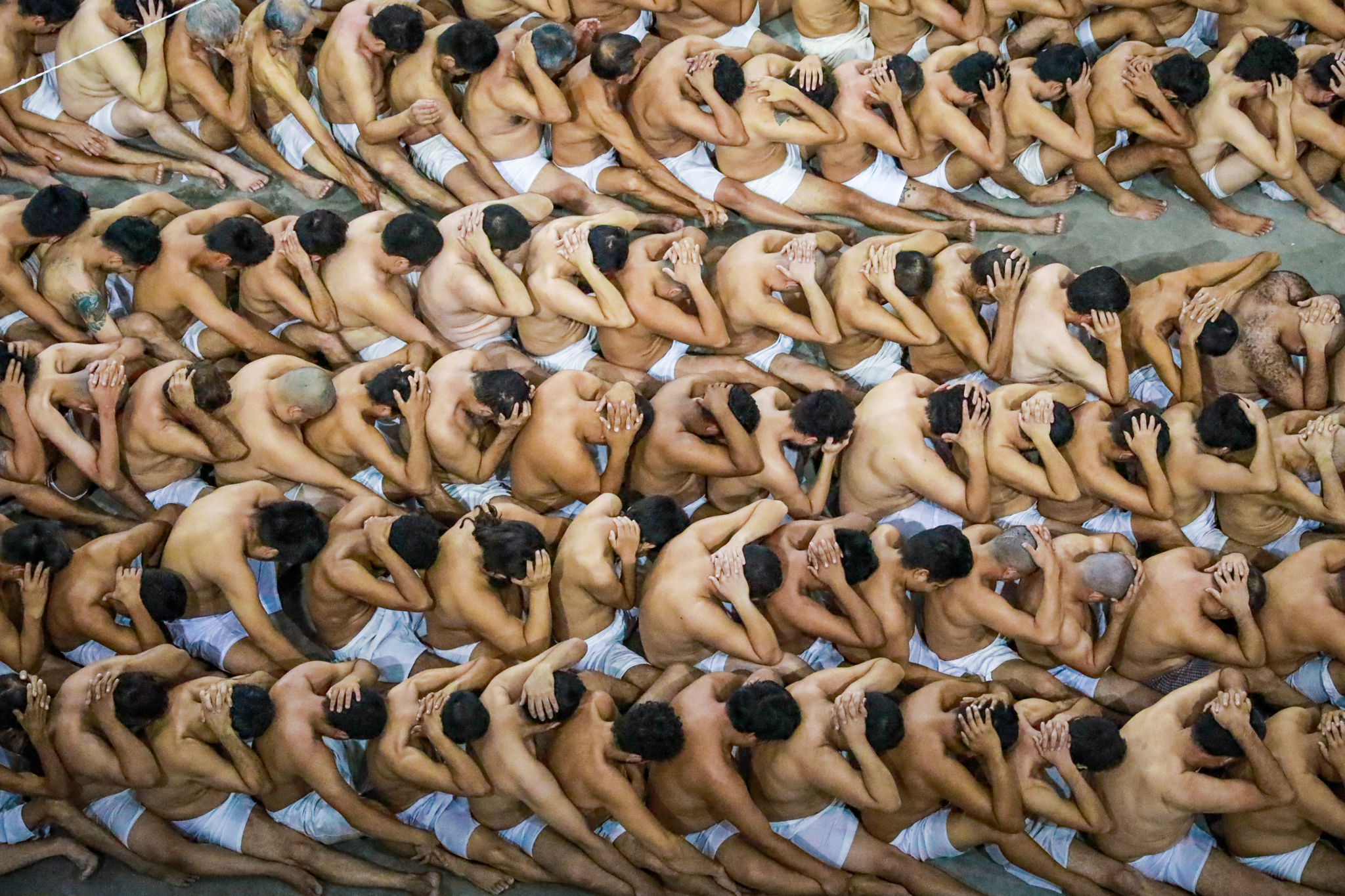
On 27 March 2022, El Salvador’s National Assembly passed a state of exception, requested by President Nayib Bukele, ostensibly to combat gang violence in the country. The state of exception suspends certain basic human rights, such as the right to legal defense. The National Assembly has also approved other legal reforms that institute mandatory pretrial detention for certain offences, with no chance of freedom on bail until proven guilty. The state of exception has become the norm in the country and has been extended monthly since it was first approved in March 2022. It is still in force to date.
Under the state of exception, more than 60,000 people have been subjected to arbitrary arrests, without access to due process guarantees, such as fair trials. Amnesty International has documented widespread arbitrary detentions of people just for having tattoos, for having prior criminal charges, or merely because they live in poor and marginalized neighborhoods where gangs traditionally operate, despite having no connection to these entities.
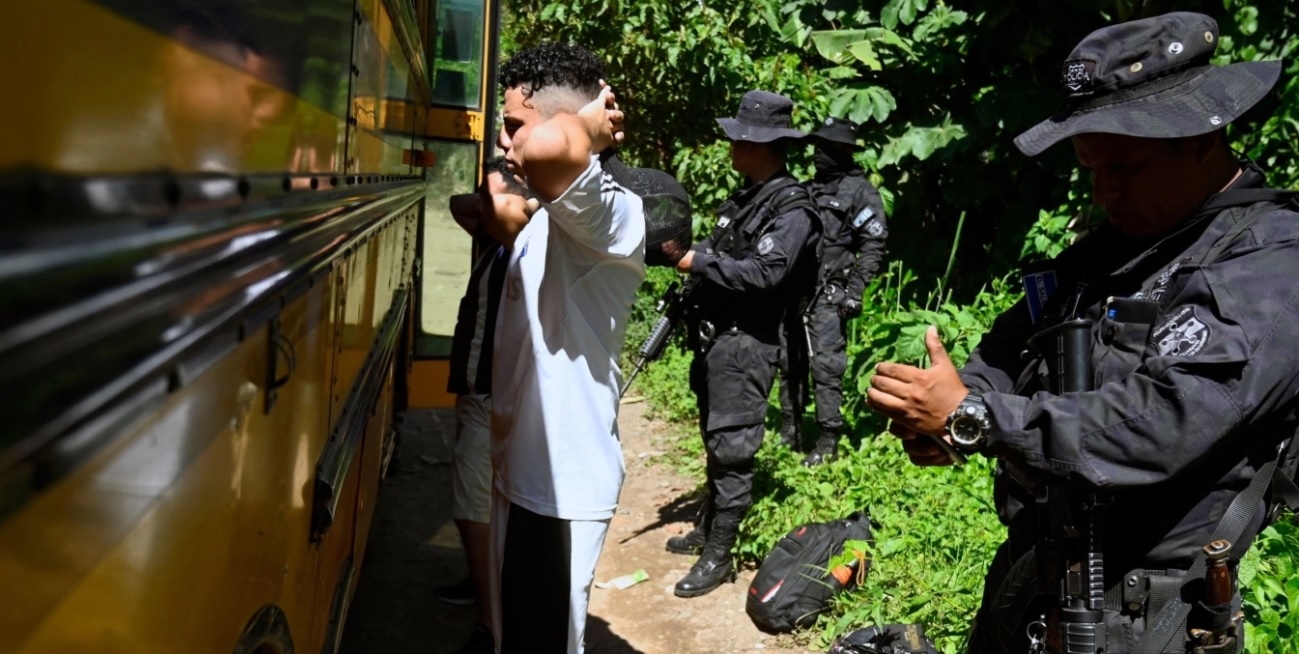
Amnesty International has documented use of torture and ill treatment during the state of exception – including against children – and to date, more than 150 people have lost their lives in state custody.
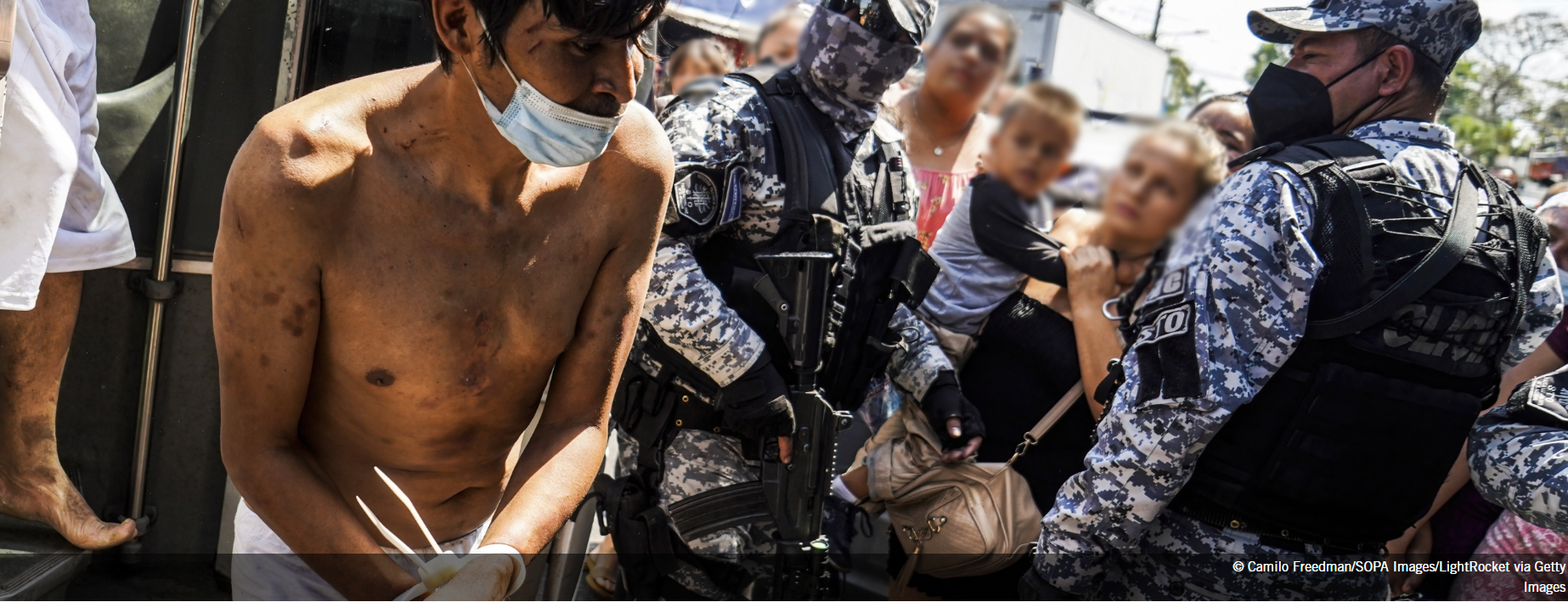
Our investigations have concluded that the measures are a product of a deliberate state planning, where the three arms of the state – executive, legislative and judiciary – are converging to allow the massive, systematic, and sustained violation of the human rights of the Salvadoran population.
The government remains impervious to criticism of the measures, and publicly shames anyone who speaks out against them. This – among other circumstances – has led independent journalists to self-censor their work and has led others to leave the country. Human rights defenders and civil society organizations have also been targets of government attacks.
E-Action
A high-level Amnesty delegation will visit El Salvador at the beginning of November and deliver calls from around the world to end the state of exception and implement public security policies that guarantee human rights, not violate them. Between now and the end of October, our goal is to collect as many petitions as possible. Please sign our e-action and encourage your friends and family members to do so too. The action is here.
Learn more
- El Salvador: One year into state of emergency, authorities are systematically committing human rights violations, April 3, 2023
- Eviscerating human rights is not the answer to El Salvador’s gang problem, August 31, 2022
- Honduras: Castro government emulates human rights suspensions in El Salvador, June 29, 2023
- Watch for Amnesty’s new report, due out in November, and a documentary that will be available for screenings.










